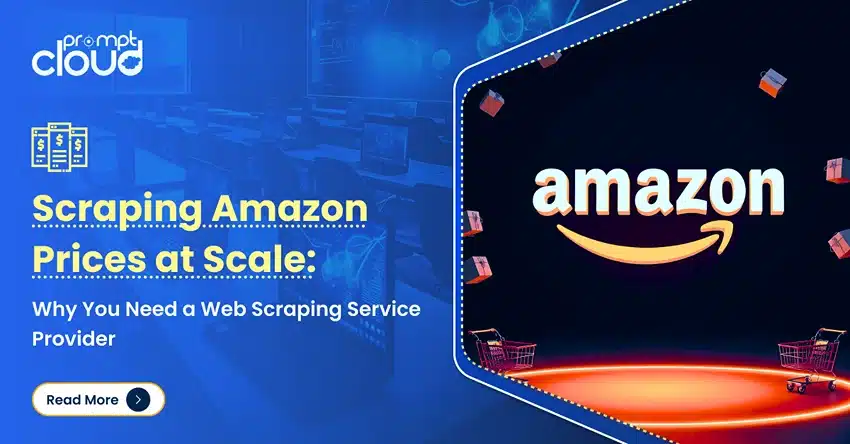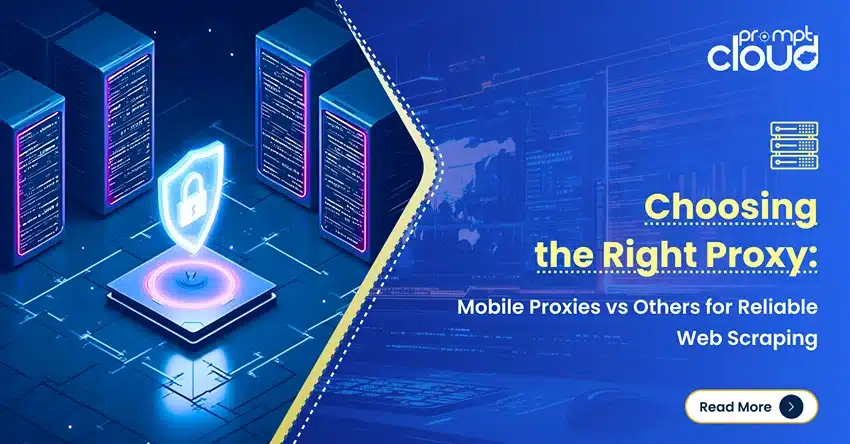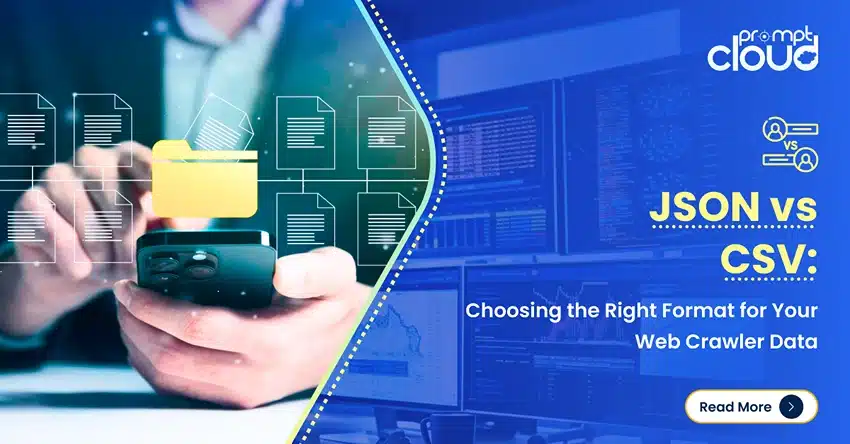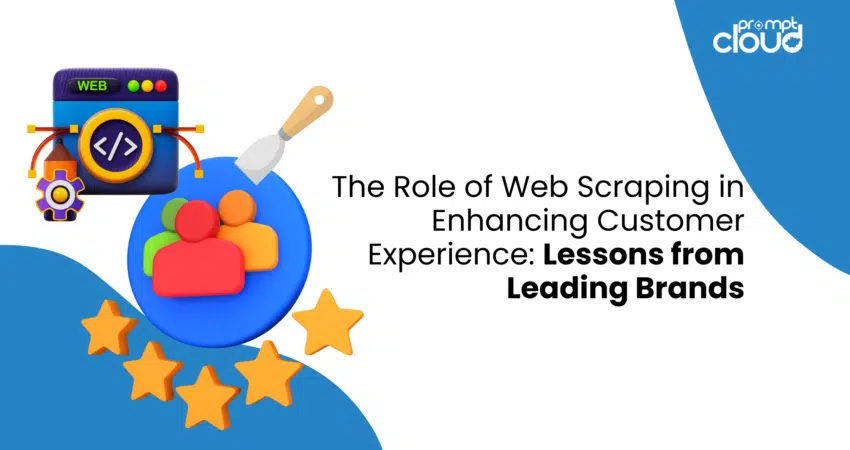
In today’s competitive business landscape, providing an exceptional customer experience (CX) is more crucial than ever. Companies that understand their customers’ needs and preferences can tailor their offerings, enhance customer satisfaction, and drive loyalty. One powerful tool that has emerged to support this goal is web scraping. By leveraging web scraping to gather real-time, high-quality customer sentiment data, businesses can gain actionable insights and improve their customer experience strategies. In this article, we explore how leading brands are utilizing web scraping to enhance CX and share valuable lessons that can be applied across industries.businesses can gather real-time, high-quality data to gain actionable insights and improve their customer experience strategies.
In this article, we explore how leading brands are utilizing web scraping to enhance CX and share valuable lessons that can be applied across industries.
Amazon: Personalizing Shopping Experiences
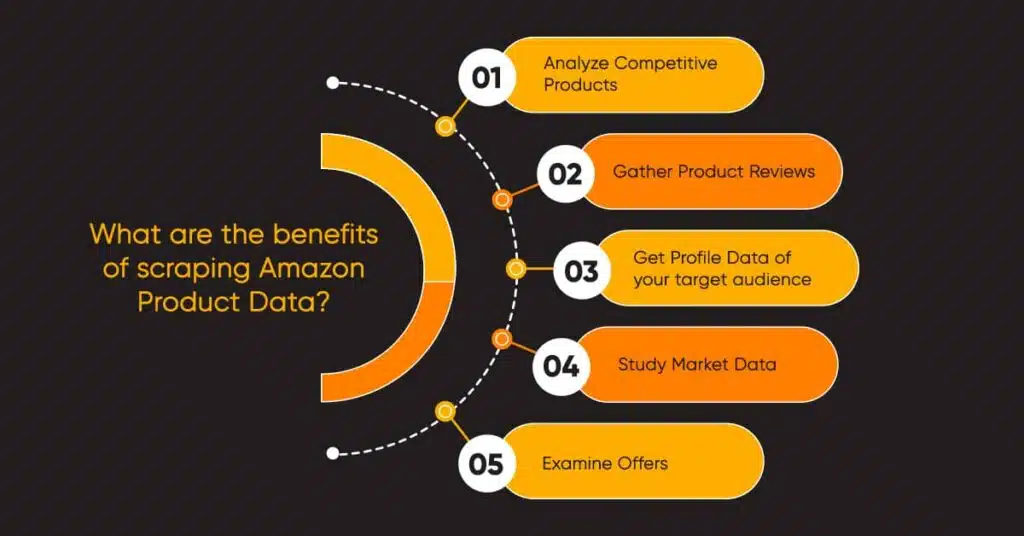
Source: webscreenscraping
Amazon is renowned for its customer-centric approach, and web scraping plays a vital role in its success. By continuously scraping data from customer reviews, customer sentiment data, social media, and competitor websites, Amazon gains deep insights into customer preferences and market trends. This data is crucial in several ways:
Personalized Product Recommendations: By analyzing customer reviews and purchase histories, Amazon can recommend products that match individual preferences. For example, if a customer frequently buys fitness equipment, Amazon’s algorithms will prioritize showing them related products like workout gear or supplements.
Optimizing Inventory: Web scraping helps Amazon monitor competitor pricing and availability, enabling them to adjust their own stock levels accordingly. For instance, if a competitor is out of stock on a popular item, Amazon can increase their stock and capture more sales.
Targeted Marketing Campaigns: By tracking social media trends and competitor promotions, Amazon can create highly targeted marketing campaigns. If there’s a surge in interest for a particular type of gadget, Amazon can quickly promote similar items through personalized ads and emails.
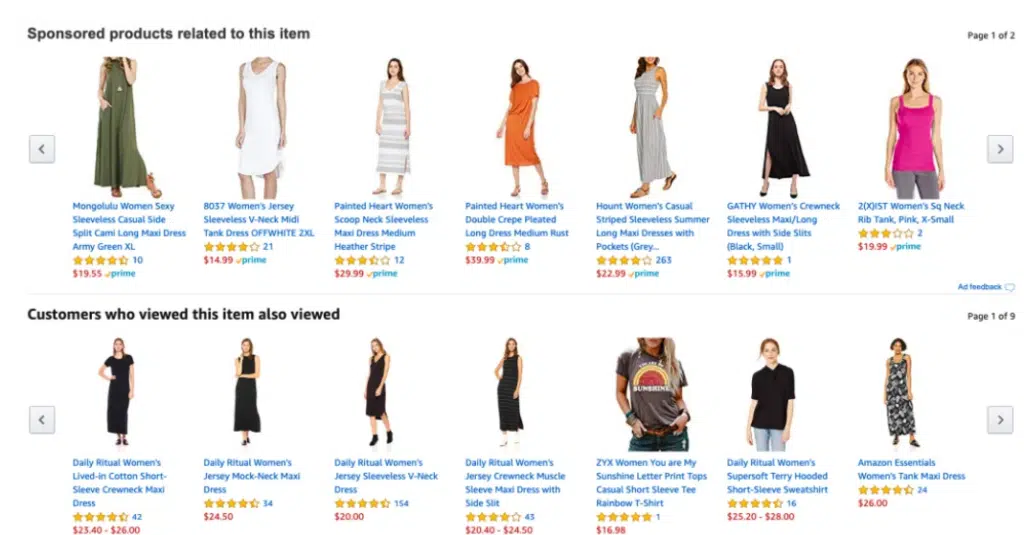
During the holiday season, Amazon uses web scraping to analyze which products are trending based on social media buzz and competitor activity. This data allows Amazon to dynamically adjust their product recommendations on the homepage for each user, ensuring they see the most relevant holiday deals. This level of personalization not only enhances the shopping experience but also drives higher conversion rates and customer satisfaction.
Coca-Cola: Monitoring Brand Sentiment
Coca-Cola employs web scraping to monitor brand sentiment and customer sentiment data across social media platforms, review sites, and forums. This continuous data collection allows Coca-Cola to stay attuned to how consumers perceive their brand in real time. Here’s how they leverage this data:
Identifying Emerging Trends: By scraping data from platforms like Twitter, Instagram, and Facebook, Coca-Cola can identify trending topics and hashtags related to their brand. For example, if a new flavor becomes a hot topic on social media, Coca-Cola can quickly recognize its popularity and consider broader market launches or additional marketing efforts to capitalize on this trend.
Detecting Potential Issues: Web scraping enables Coca-Cola to promptly detect negative sentiment or complaints about their products. If a particular product receives a surge of negative reviews or adverse comments online, the company can swiftly investigate and address the issue. For instance, if consumers are complaining about a change in taste or packaging, Coca-Cola can take corrective actions such as quality checks, public statements, or product adjustments.
Responding to Customer Concerns: With real-time data on customer feedback, Coca-Cola’s customer service team can respond to complaints and inquiries more efficiently. For example, if a consumer posts a negative review about a product on a review site, Coca-Cola can quickly reach out to the customer, offer a solution, and demonstrate their commitment to customer satisfaction.
During the launch of a new beverage, Coca-Cola used web scraping to monitor social media reactions and online reviews extensively. By analyzing this data, they could gauge consumer reception and identify any initial issues or praise. When some customers expressed concerns about the sweetness of the new drink on Twitter, Coca-Cola’s team promptly acknowledged the feedback and engaged with these consumers to show they were listening and considering adjustments. This responsiveness helped mitigate potential negative impacts and demonstrated Coca-Cola’s dedication to customer satisfaction.
Social Media Analytics enables Coca-Cola to spot emerging trends, hashtags, and popular topics of conversation. They leverage these insights to align their content and campaigns with current trends, allowing them to stay relevant and engage with their audience in real-time
Interesting Campaigns from Coca-Cola’s Social Media:
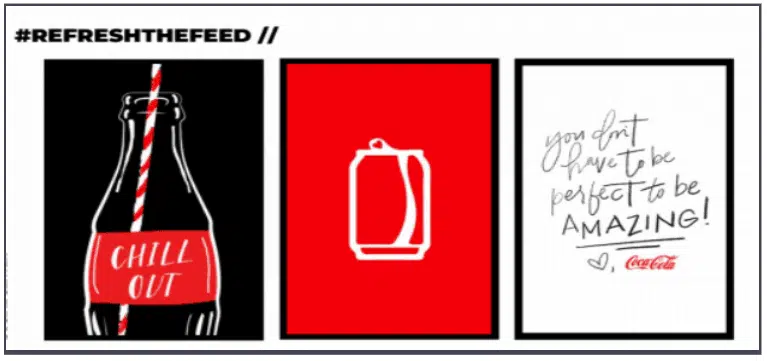
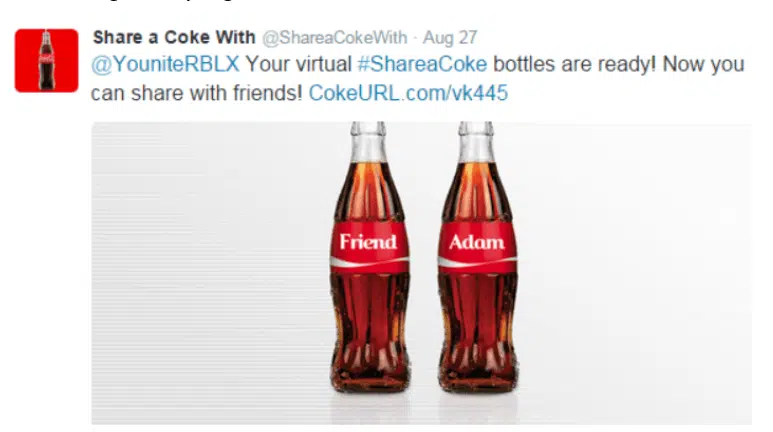
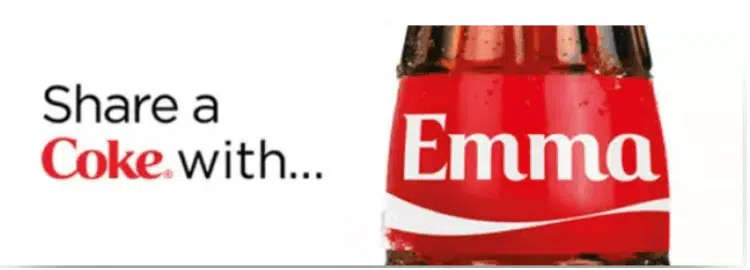
Use web scraping to keep a pulse on brand sentiment and customer sentiment data and feedback. By continuously monitoring online discussions and reviews, you can quickly identify emerging trends and address issues before they escalate. This proactive approach significantly enhances customer satisfaction and loyalty, helping to maintain a positive brand image in the market. Implementing web scraping for brand sentiment analysis ensures you are always informed and ready to respond to your customers’ needs.
Airbnb: Enhancing Host and Guest Experiences
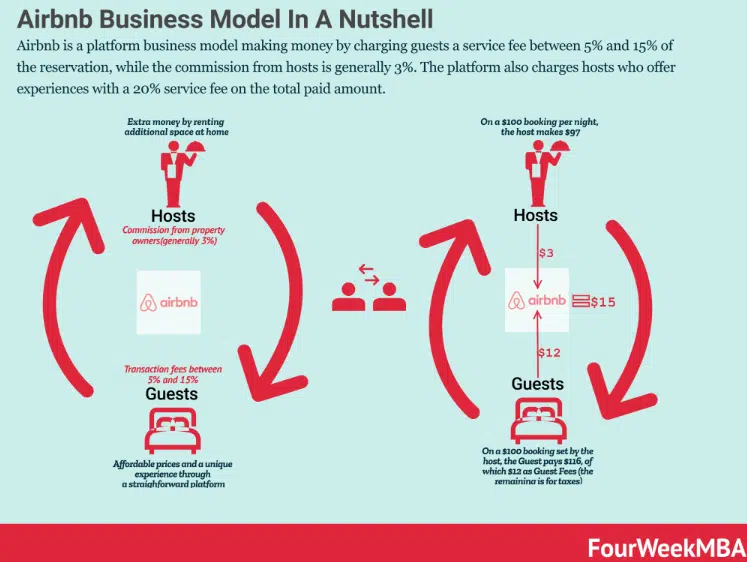
Airbnb uses web scraping to gather comprehensive data on user reviews, competitor listings, and market trends. This wealth of information helps Airbnb continuously improve its platform, ensuring that both hosts and guests have a seamless and positive experience. Here’s how Airbnb leverages web scraping:
Analyzing User Reviews: Airbnb scrapes data from reviews left by guests and hosts on their platform and other travel review sites. This analysis provides insights into common pain points and highlights features that users appreciate. For example, if multiple guests comment on the cleanliness of a property or the responsiveness of a host, Airbnb can identify patterns and encourage best practices among hosts.
Monitoring Competitor Listings: By scraping data from competitor platforms like Booking.com, Vrbo, and other vacation rental sites, Airbnb can compare its offerings with those of its competitors. This allows Airbnb to understand market standards and identify gaps or opportunities. For instance, if competitors start offering new amenities or services that are well-received, Airbnb can consider integrating similar features into their platform.
Tracking Market Trends: Airbnb uses web scraping to stay updated on market trends, such as popular destinations, seasonal demand shifts, and emerging traveler preferences. This data enables Airbnb to tailor its marketing strategies and provide hosts with actionable insights to optimize their listings. For example, if there is a rising trend in eco-friendly accommodations, Airbnb can promote such listings more prominently and encourage hosts to adopt sustainable practices.
Enhancing Features and Services: With detailed insights from scraped data, Airbnb can develop and implement new features that cater to user needs. For instance, if reviews indicate a desire for more flexible check-in options, Airbnb can introduce features that allow hosts and guests to negotiate check-in times more easily. Additionally, if guests frequently praise properties with certain amenities, Airbnb can highlight these features in their listing recommendations.
During the COVID-19 pandemic, Airbnb utilized web scraping to monitor changes in traveler preferences and safety concerns. By analyzing reviews and social media discussions, Airbnb identified a growing demand for enhanced cleaning protocols and contactless check-ins. In response, Airbnb quickly implemented and promoted their Enhanced Clean program, setting new cleanliness standards and providing hosts with guidelines to meet these expectations. This proactive approach not only addressed guest concerns but also helped rebuild trust in the platform during a challenging time.
Continuously gather and analyze customer sentiment data to identify areas for improvement. By leveraging web scraping, you can stay attuned to user needs and preferences, allowing you to enhance your platform based on real-time insights. This iterative approach to improvement ensures that both hosts and guests have a superior experience, fostering loyalty and satisfaction. Implementing features and services that directly address user feedback demonstrates your commitment to providing exceptional service and can significantly enhance the overall customer experience.
Implementing Web Scraping for Your Business
To effectively leverage web scraping for enhancing customer experience, consider the following steps:
- Identify Key Data Sources: Determine which websites and platforms provide valuable customer sentiment data relevant to your business. This may include social media, review sites, forums, and competitor websites.
- Automate Data Collection: Use advanced web scraping tools to automate the extraction of data from identified sources. Ensure that your tools comply with legal and ethical guidelines to avoid potential issues.
- Analyze and Interpret Data: Transform the scraped data into actionable insights. Use analytics tools to identify trends, patterns, and areas for improvement in your customer experience strategy.
- Integrate Insights into CX Strategy: Apply the insights gained from web scraping to personalize customer interactions, optimize product offerings, and address customer concerns promptly. Continuously monitor and refine your strategies based on ongoing data analysis.
PromptCloud’s Advanced Web Scraping Solutions
Web scraping is a powerful tool that can significantly enhance customer experience by providing businesses with real-time, high-quality data. Leading brands have demonstrated the value of integrating web scraping into their CX strategies. By implementing web scraping effectively, your business can stay ahead of customer needs, deliver personalized experiences, and foster long-term loyalty.
At PromptCloud, we specialize in advanced web scraping solutions that empower businesses to gather and analyze data seamlessly. Contact us today to discover how our cutting-edge web scraping services can help you enhance your customer experience and drive business success.










